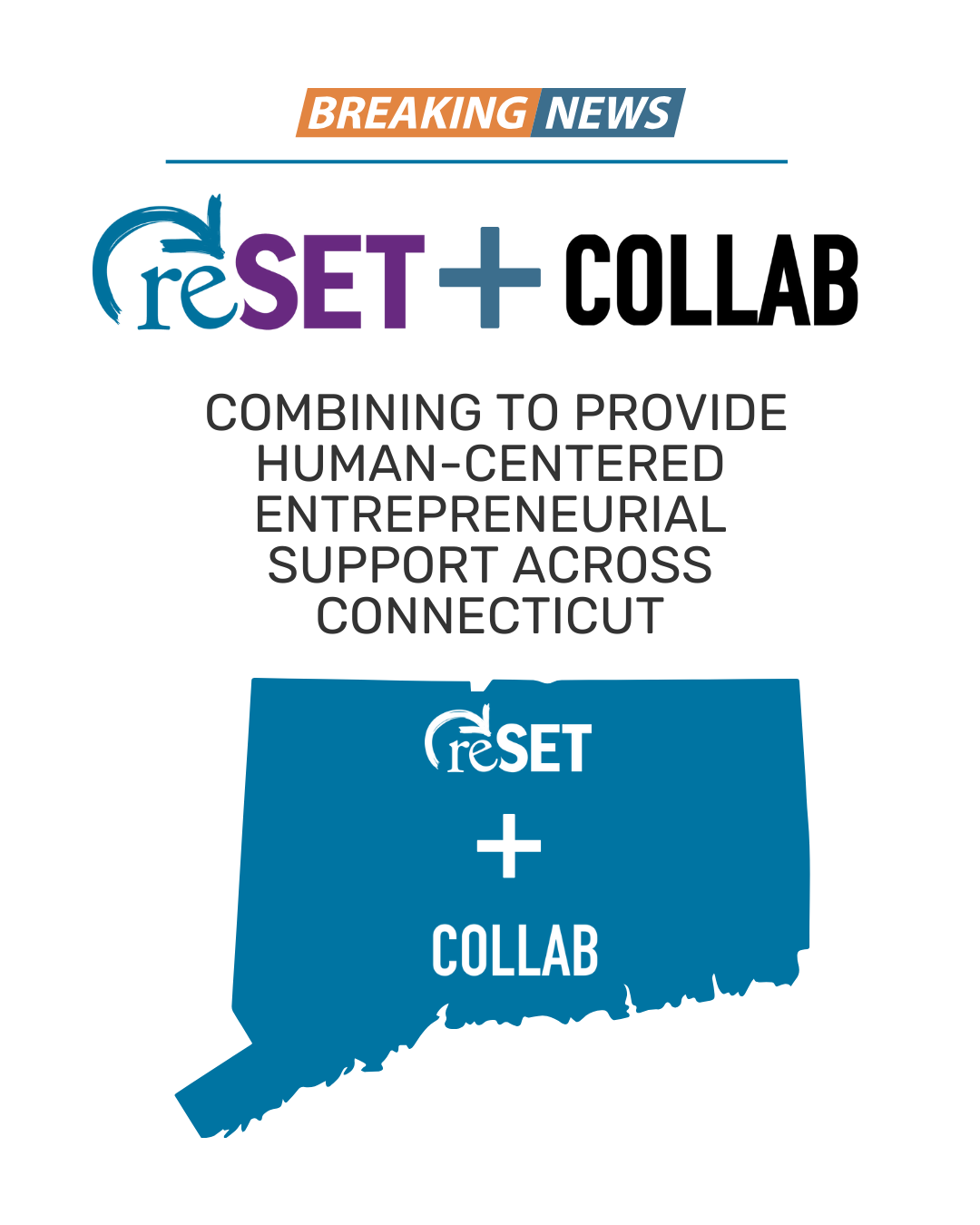By Lee Howard
Publication: The Day
New London – New London County has a chance to help the state make a name for itself in the business world by recording at least 30 new benefit-corporation entities on Oct. 1, the first day they become legal in the state.
A meeting from 6:30 to 8 p.m. Thursday at the new Rise Center co-working space at 279 State St. will introduce local business owners to the benefits of forming for-profit businesses with a social conscience.
So far, the state has 25 businesses – from coffee companies to a pizza restaurant to a handful of technology startups – that have committed to becoming so-called B-Corp on day one. With five more commitments, Connecticut will surpass Oregon in generating early interest in this new business concept that supplants the usual fiduciary duty of companies to maximize profits with a commitment to embrace social or environmental causes.
“It’s kind of a no-brainer,” said James Woulfe, public policy and impact investing specialist for reSET Social Enterprise Trust, a Hartford-based nonprofit that pushed for the B-Corp legislation that was approved this year in the General Assembly. “They create jobs and they have a decidedly positive impact on the community. …These are the kinds of companies the millennials want to work for.”
So far, Woulfe said in a phone interview, about two-thirds of the companies committed to becoming a B Corp are established businesses planning to convert to the new ownership structure. The other third are startup companies that are timing their formation to the Oct. 1 deadline.
Nearly all of the businesses going the B Corp route would be considered on the small side, Woulfe said.
As local activist Hannah Gant said in an interview Monday, a B Corp can give companies protection from the obligation of being focused entirely on profits. In her view, entrepreneurship starts as a social enterprise that involves a “higher mission” of solving individual and social problems by being attentive to a company’s clientele.
“We’re just trying to get people thinking about this in a different way,” said Gant, who is associated with the Rise co-working space downtown, where entrepreneurs may collaborate and find business supports.
Under the state’s new law, which takes effect next month, benefit corporations must be assessed annually by a third party to determine the extent of their positive social impact in much the same way that traditional companies must have their books audited.
Benefit corporations get no special tax treatment, and to be established these companies must pay their $250 business-entity fee like every other firm registering with the Secretary of the State’s Office to operate legally in Connecticut. But, unlike other companies, they often state their public benefits as part of the company’s purpose.
Under state law, Woulfe said, there is a legacy-preservation provision that can lock in B Corp companies that go this route to maintain their social-purpose mission through any sort of change in ownership.
Connecticut is one of 26 states to have embraced B Corp status. California was the first state to endorse the idea, while New York, Massachusetts, Rhode Island and Vermont are also among those joining the movement.
Woulfe will be joined by James McLaughlin of the Hartford law firm Murtha Cullina in outlining how to become a B Corp. The law firm is offering to help firms file the paperwork for a flat fee of $500.








